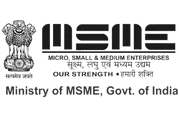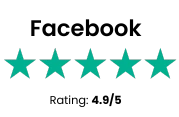
Unlock the full potential of your HR career with our innovative and results-driven HR Management Certifications. Our rigorous yet in-depth practical training ensures that you gain the critical skills and strategies necessary to navigate the modern HR landscape of AI with confidence.
Join us and embark on a transformative journey towards becoming an HR leader.






Free Internship
SAP HRM Course
Advanced | 3 Months
This course is designed to help you master the SAP software and become a certified SAP system administrator with our 20 Hrs course material.
4.9(Ratings) | 3972 Learners
Placement Assistance
Strategic HR
Advanced | 3 Months
Strategic HR Management Training Program is designed to provide advanced skills to anyone who aspires to be a HR professional.
4.9(Ratings) | 4722 Learners
Salary Guaranteed
HR Leadership
Comprehensive | 5 Months
Advanced HR generalist course starting from basic, for future Leaders in HR domain with comprehensive coverage of all functions and skills of HRM.
5.0(Ratings) | 2480 Learners







Listen to the voices of our students as they share their personal journeys and successes with our HR training. Discover their stories and experiences.
Best HR Courses with world class benefits.
70% Practical & 30% Theory is followed in classroom or online training.
Attend Unlimited session to ensure complete HR learning experience.
15 days money back, if not you are not happy with training quality.
Highly experienced Trainer years of proven HR job experience track record
LIfe time access to course materials, videos and presentations.
Written agreement of placement guaranty for our HR certification courses.

Effortlessly cultivate HR excellence for a productive and harmonious workforce.